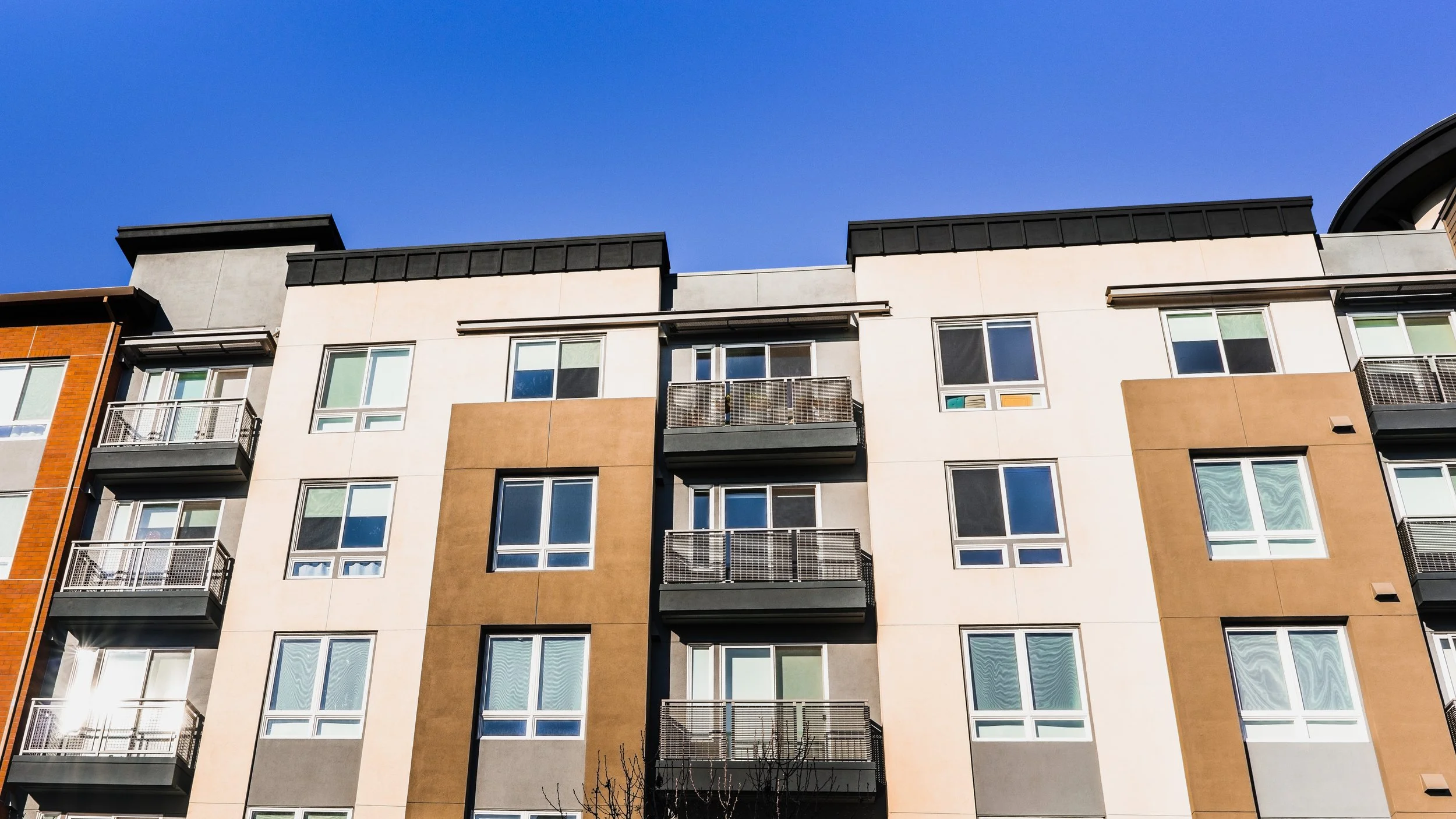When the COVID-19 pandemic hit, it took commercial real estate for a ride. Now, as we continue to rethink the ways we work, commercial properties are changing and innovating to maintain their relevance as investments. Some businesses are calling workers back to the office. Meanwhile, the economy continues to open up. What does this mean for commercial real estate?
As you explore the role of commercial properties in your own portfolio — now and for the future — market shifts are important to note. These are the ways the COVID era continues to change commercial real estate.
Not Just Commercial
With the pivot many companies have made to remote and hybrid workflows, the nature of commercial spaces themselves is changing. With more people working from home, what does that mean for the offices we used to fill?
Developers are quickly realizing that to provide worthwhile value in commercial units facing these changes, they sometimes have to expand how they even think about commercial units. For instance, workers have specific reasons for going into the office versus staying at home. These reasons include:
Better digital infrastructure in an office space
Worker-focused amenities and spaces
Proximity to coworkers and company culture
Investors in commercial real estate must account for these important drivers of office desirability. A workplace can be a great place to focus, if designed to assist focus. From office buildings to home offices, developers and investors should leverage design decisions to support work.
This means that commercial developers and property managers can leverage their insight in residential spaces and vice versa, maximizing the potential of any unit.
Making Work Walkable
Along these lines, it's increasingly in the best interests of real estate investors to diversify the functionality of all their properties. Commercial units took a hit during the pandemic. This was especially true in large municipalities that experienced a corresponding population drop as remote work policies took off.
Now, cities all over the U.S. are supporting zoning that allows for mixed-use properties combining residential and commercial. This is all part of a larger push to develop more walkable communities. Walkable communities save their residents on gas, time, and money. These benefits can translate to the best of both worlds for workers, re-creating the incentive for commercial units.
Investors and developers should explore the value inherent in walkable communities and multifunctional buildings in a post-pandemic world. Even Boise, Idaho is getting in on the action, expanding its offerings of multifunctional housing and updating its zoning code.
Cleaning Up Development
Another of the most important changes to commercial real estate sure to outlast the pandemic is the transition to sustainable spaces and materials. Sustainability is important not only to individuals looking to mitigate their impact on the planet but to businesses looking to cut energy costs. With construction and building operations accounting for 40% of global carbon dioxide emissions, cleaning up development is an essential shift for commercial real estate.
To continue providing value to the businesses that will lease and occupy commercial real estate, these units must maintain energy efficiency without causing harm to environments, people, or the local economy. These pillars of sustainability are driving innovation in commercial space. As markets and individuals continue to prioritize green business, commercial real estate developers will have to provide answers for sustainability-minded tenants.
Clean, green building innovations will create investment opportunities that transcend commercial real estate. Look for these opportunities from the post-pandemic market.
Rethinking Spaces
Finally, the COVID era has changed the way we think about commercial (and residential) spaces altogether. With so many lines blurring, what will a “commercial” designation on an investment even mean?
People are working from home and playing from work in hybrid environments more crafted to our nuanced human lives. In the midst of these changes, definitions of commercial spaces are set to shift.
Ongoing changes may affect tax considerations, profitability, and the share you receive from your investment. For those with an interest in commercial real estate, keep an eye on these COVID era changes to make the best financial decisions for you — and don’t forget to consult with professionals before making a big real estate investment decision!
For more information on real estate investment, follow 208.properties’ Real Estate Insights on social media.

